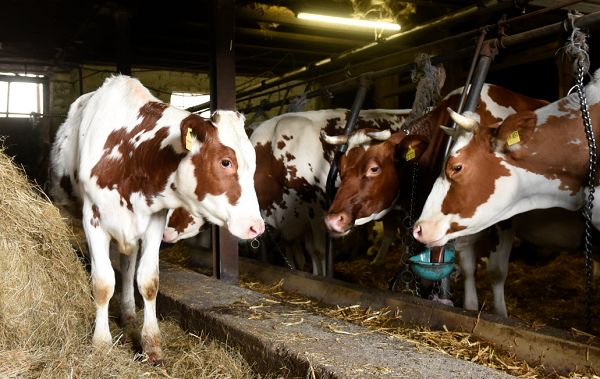Is Red Meat Bad For The Environment? How Climate Change Is Affected By Beef And Other Animal Products

A favorite cuisine in Ireland may be more responsible for individual greenhouse gas than previously thought, according to a new study from the country’s agriculture and food advisory board Teagasc.
The study, reported Monday by the Independent, found that red meat is responsible for two-fifths of all greenhouse gas emissions related to food in the country. The research focused on the diets of 1,500 adults in the country and comes after controversial remarks from former Ireland President Mary Robinson, who told citizens to “eat less meat, or no meat at all,” in order to reduce emissions from diets.
While the Ireland study is the first of its kind, past research has also shown that livestock production comes with a heavy emissions price tag. Red meat, a 2014 study found, requires 28 times as much land and 11 times more water than it takes to produce pork or chicken.
Compared to non-meat food, beef and other red meats are even more costly. Per calorie, it takes 160 times more land and produces 11 times more greenhouse gasses to produce red meat than to produce staples like potatoes, wheat and rice.
Food carbon footprints are measured in a variety of ways from the processing requirements, transportation of the food, the storage and the cooking requirements.
The 2014 study found that agriculture, in general, is a significant driver of greenhouse gases and contributes as much as 15 percent of all emissions. Half of that comes from livestock. That study found that cutting out meat from a person’s diet would have a bigger impact on their greenhouse gas footprint than even cutting cars from daily use.
Earlier this year, the global atmosphere concentration of carbon dioxide, a primary gas responsible for global climate change, had surpassed 400 parts per million permanently — a dangerous situation for combatting global warming and the many effects that greenhouse gases produce.
© Copyright IBTimes 2024. All rights reserved.





















